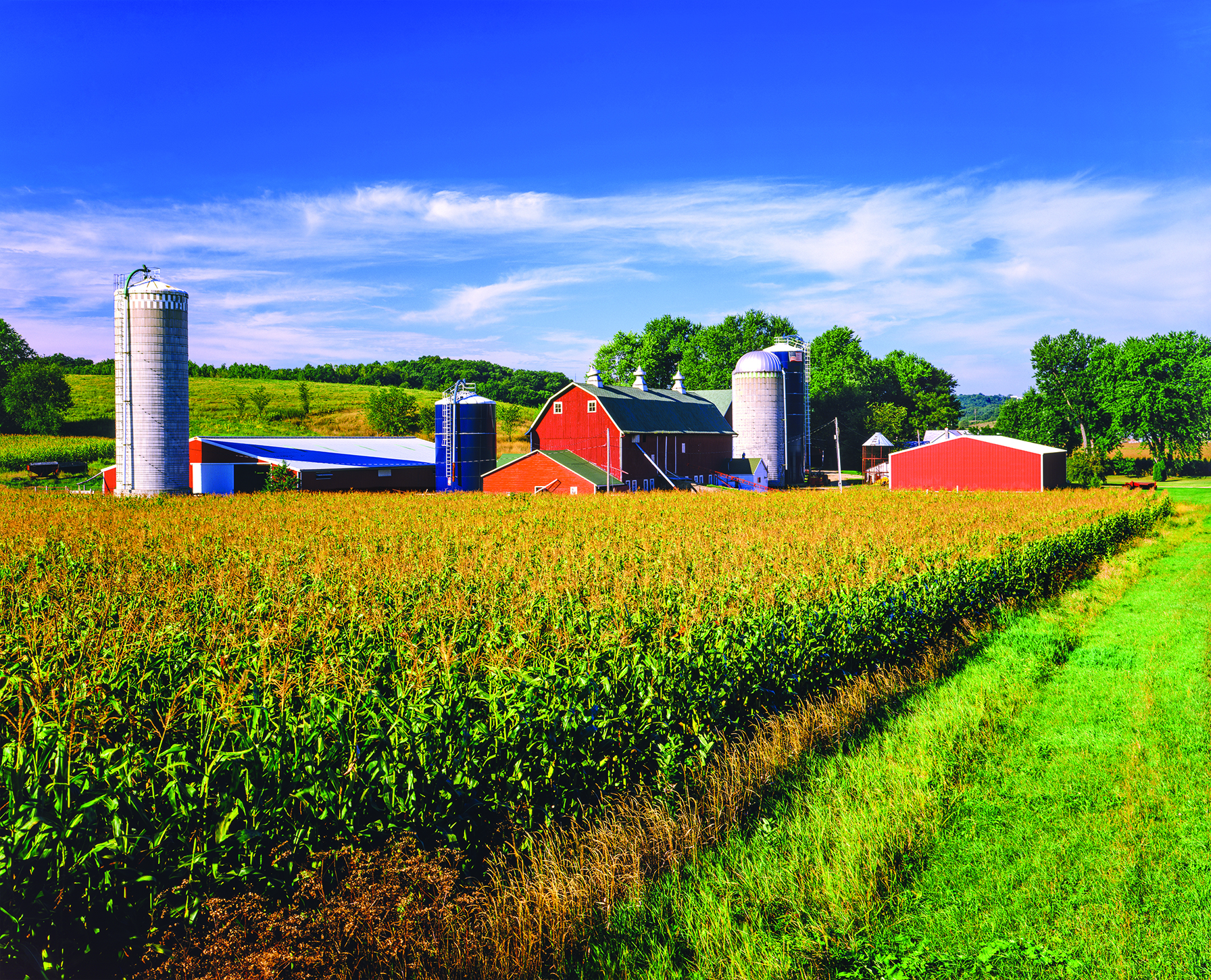Investing in a farm can be a rewarding venture, whether you’re an aspiring farmer, an investor, or someone looking for a serene rural retreat. However, buying a farm is a complex decision that requires careful consideration of various factors. To ensure you make a well-informed and successful purchase, here are ten key factors to keep in mind when buying a farm.
1. Location and Accessibility:
The location of the farm is crucial as it determines its proximity to markets, suppliers, and essential services. Consider the accessibility of the farm from major roads and highways, as well as the distance to towns or cities where you’ll need to sell your produce or purchase farming inputs. A well-located farm can save time and transportation costs while increasing the convenience of managing your agricultural activities.
2. Soil Quality:
The soil’s fertility and composition directly impact the farm’s productivity and the types of crops or livestock that can be raised. Conduct a soil test to assess its nutrient levels, pH balance, and drainage capabilities. Fertile soil with good water retention and proper drainage is essential for sustainable and profitable farming.
3. Water Resources:
Access to reliable water sources is critical for any farm. Consider the availability of natural water bodies like rivers or ponds, as well as the possibility of installing irrigation systems. Water rights, permits, and quality should also be thoroughly examined to ensure you have a sustainable water supply for your agricultural needs.
4. Climate and Weather Patterns:
Different crops and livestock thrive in different climates. Research the historical weather patterns of the region to understand potential challenges, such as extreme temperatures, frost, or drought. Choose a farm location that aligns with the type of farming you wish to undertake and offers a climate suitable for your preferred crops or animals.
5. Farm Size and Topography:
The size of the farm is a crucial consideration based on your farming goals and financial capacity. Analyze the topography of the land to understand its suitability for farming, taking note of slopes, flood-prone areas, and potential drainage issues. A well-designed farm layout can enhance efficiency and productivity.
6. Infrastructure and Facilities:
Evaluate the existing infrastructure on the farm, including buildings, barns, storage facilities, and fencing. Well-maintained infrastructure can save costs and accelerate the start of farming operations. Additionally, access to electricity, internet, and other utilities should be considered, especially if you plan to live on the farm.
7. Legal and Regulatory Aspects:
Understand the legal aspects of the farm, including property boundaries, land use restrictions, zoning regulations, and environmental compliance. Work with legal professionals to ensure a smooth and lawful transaction, as well as compliance with all necessary regulations.
8. Market Potential:
Consider the market demand for the products you intend to produce on the farm. Research local and regional markets, potential buyers, and the competition. Understanding market dynamics will help you tailor your farming strategy and maximize profitability.
9. Financial Viability:
Conduct a comprehensive financial analysis to determine the farm’s potential profitability and return on investment. Factor in the costs of purchasing, operating, and maintaining the farm, as well as the expected revenue from your farming activities.
10. Long-Term Goals and Vision:
Think about your long-term goals and vision for the farm. Are you looking for a lifestyle change, sustainable farming, or commercial agriculture? Ensure that the farm aligns with your aspirations and allows you to fulfill your dreams.
Conclusion:
Buying a farm is a significant decision that involves careful evaluation of multiple factors. By considering the location, soil quality, water resources, climate, farm size, infrastructure, legal aspects, market potential, financial viability, and long-term goals, you can make a well-informed purchase that sets you on a path to success in farming. Remember to seek advice from agricultural experts, real estate professionals, and other farmers to make the best choice for your unique needs and aspirations. With thorough research and due diligence, you can find the perfect farm that will bring fulfillment and prosperity to your agricultural endeavors.
If you are considering buying a farm, equestrian property or rural estate, consider contacting the team of experts at CENTURY 21 Keim Farm and Ranch at 610-969-7200 or email c21keim@gmail.com.


 Facebook
Facebook
 X
X
 Pinterest
Pinterest
 Copy Link
Copy Link






